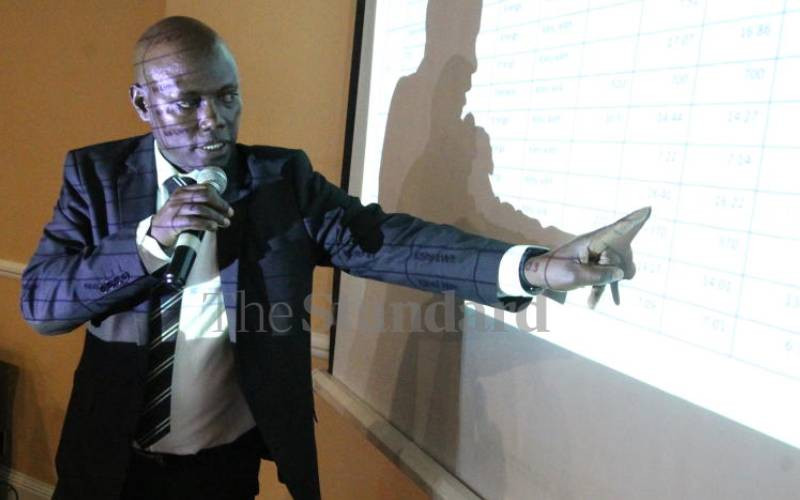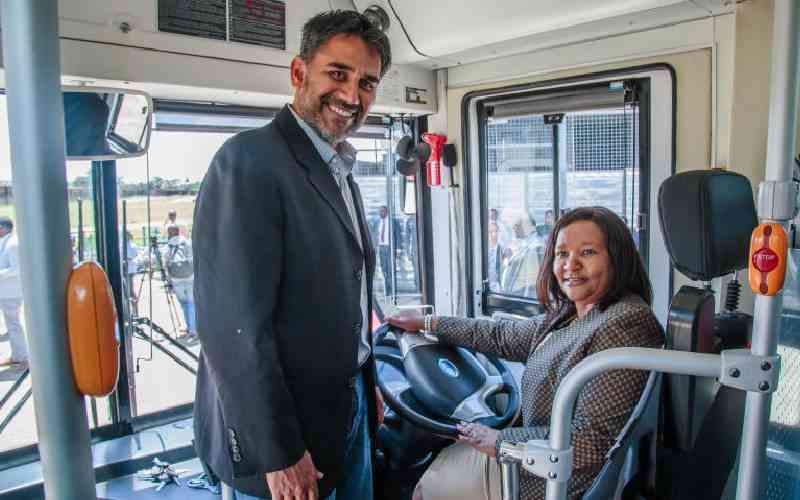
Kenya Power's planned e-mobility tariff is expected to help balance electricity consumption patterns, which drop significantly during the night despite the availability of renewable sources such as wind and geothermal.
It also hopes to increase its revenues as uptake of electric vehicles and motorcycles grows.
Other than the availability of renewable and relatively cheaper power, the electricity distributor said the grid is ready to handle the total transition to e-motorcycles and 10 per cent transition to e-vehicles (EVs), with more investments lined up to make it ready for the uptake.
Kenya Power acting Managing Director Geoffrey Muli said while during the peak hours of between 6pm and 10pm the power generation sources struggle to meet demand that peaks to 2,132MW, this falls to 1,100MW deep into the night.
"Charging electric vehicles especially at night would, therefore, help bridge the gap between off-peak load available generation capacity as well as raise the average demand to above 1,500MW," said Muli during an e-mobility conference in Nairobi yesterday.
Pass-through costs
The e-mobility tariff, which is part of the tariff review application that the firm has made to the Energy and Petroleum Regulatory Authority (Epra), will allow electric vehicle owners to charge at night.
The firm has proposed that consumers pay Sh17 per unit of electricity, before taxes, levies and pass-through costs.
The company said it has started procuring EVs and expects to gradually phase out in four years the over 2,000 fossil fuel vehicles that form its current fleet.
Muli also assured stakeholders in the electric mobility industry that the grid network is robust enough to support the transition from fossil fuel-powered vehicles.
"The company has consistently invested heavily towards the expansion of the grid's capacity and its automation to accommodate the exponential growth in demand for electricity and to improve the flexibility of the grid and, in turn, the quality of power supply."
The company's inaugural E-mobility conference brought together more than 300 participants from the private and public sectors to develop a roadmap for electric motorisation.
 The Standard Group Plc is a multi-media organization with investments in media platforms spanning newspaper print
operations, television, radio broadcasting, digital and online services. The Standard Group is recognized as a
leading multi-media house in Kenya with a key influence in matters of national and international interest.
The Standard Group Plc is a multi-media organization with investments in media platforms spanning newspaper print
operations, television, radio broadcasting, digital and online services. The Standard Group is recognized as a
leading multi-media house in Kenya with a key influence in matters of national and international interest.











